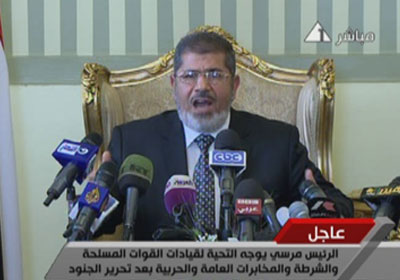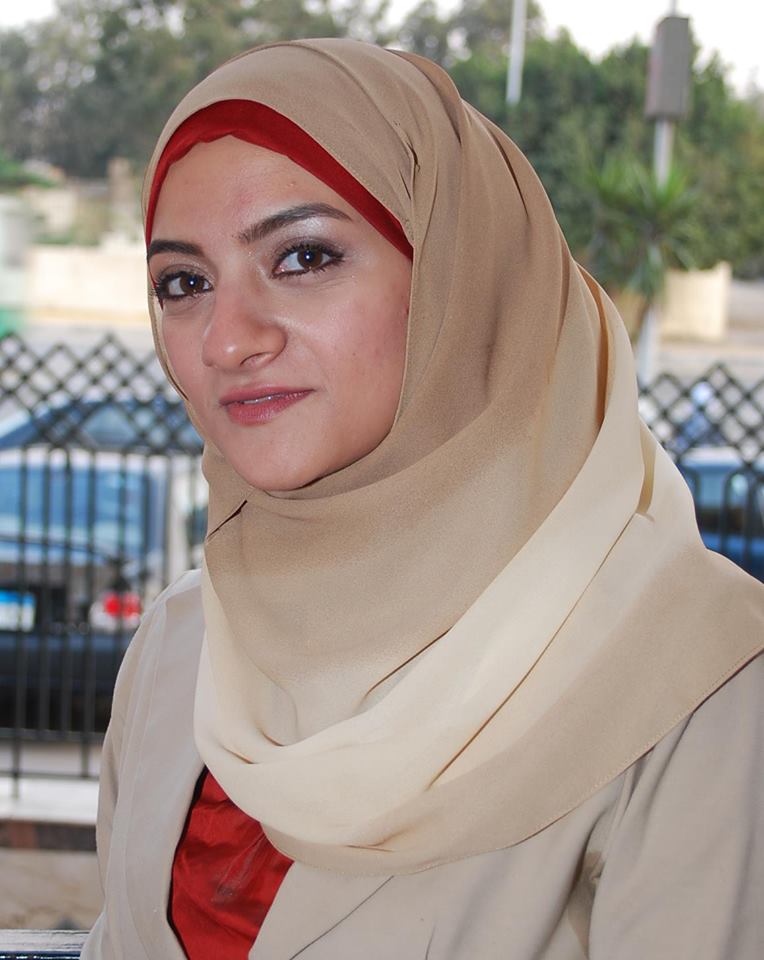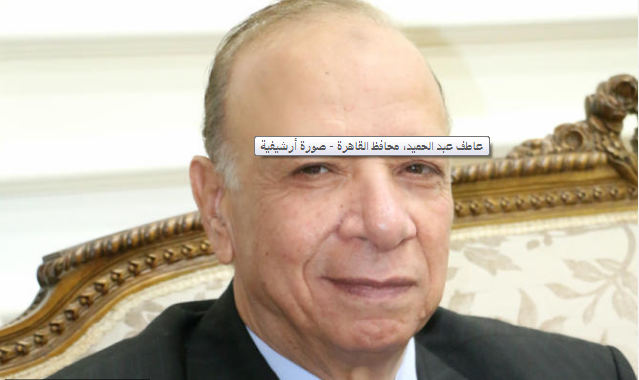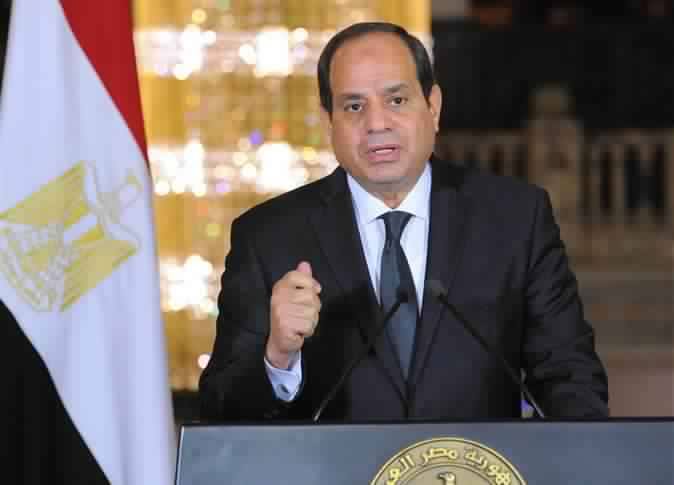
A reshuffle of 17 governors overseen by President Mohamed Morsy on Sunday has drawn protests in governorates across Egypt, with political groups attacking perceived attempts to "Brotherhoodize" the state ahead of 30 June protests.
Seven out of the 17 new governors are linked to Morsy's Muslim Brotherhood. The decree comes days before protested scheduled for 30 June by opposition forces to demand early presidential elections.
In Upper Egypt's Luxor, tourism workers protested outside local government offices Monday morning after Morsy appointed a member of Jama'a al-Islamiya's Construction and Development Party as governor.
The official, Adel Asaad al-Khayat, has been implicated in a deadly terror attack that killed 58 foreign tourists at the city's famous Deir el-Bahri Temple in 1997.
In Monufiya, dozens of activists demonstrated late Sunday outside the governorate building in Shebin al-Kom, hours after the news that Ahmed Shaarawy, a Brotherhood leader, would become governor.
Protesters vowed to block the incumbent official from even gaining access to his new office.
Monufiya, along with a number of Egyptian governorates, voted more in favour of Morsy's presidential competitor, Ahmed Shafiq, during the 2012 elections. It is also the birthplace of ousted president, Hosni Mubarak.
Activists from the April 6 Youth Movement in Monufiya said Shaarawy's appointment reflected Morsy's "punishment" on the people of the province.
"Morsy is insisting on proceeding with the Brotherhoodization scheme, fearing the upcoming revolution…The new reshuffle will contribute to an early end to the Muslim Brotherhood," the group said in a statement.
In Ismailia, activists also staged mass protests outside the governorate building to express their anger at perceived Brotherhood affiliate, Hassan al-Hawy, taking the position of governor.
Mohamed Hosni, secretary of the liberal Democratic Front Party in Ismailia, said protesters will also stage a sit-in and block the governor's way to his office.
Opposition forces in Beheira also rejected their new governor, Osama Suleiman, former secretary of the Brotherhood's Freedom and Justice Party in the area. Some described his appointment as an attempt to provoke citizens into confrontations before the 30 June protests.
Hamdy Abdel Aziz, secretary of the leftist Tagammu Party in Beheira, said the selection of Suleiman "will stoke tensions on the streets and among political groups," claiming the decision will lead to further violence, pointing to previous assaults on activists by pro-Brotherhood agitators.
In Tanta in Gharbiya, hundreds blocked the seaside road early Monday to protest the appointment of Brotherhood leader Ahmed al-Bialy as governor. They chanted slogans and hoisted banners against the group. Some protesters circulated leaflets urging citizens to join rallies outside the governorate office.
The Salafi Nour Party also slammed the reshuffle, saying it would "heighten conflicts amongst the public." Assistant secretary general Shaaban Abdel Alim told Al-Masry Al-Youm his party hoped the reshuffle would be postponed until the end of the 30 June protests.
Edited translation from Al-Masry Al-Youm



